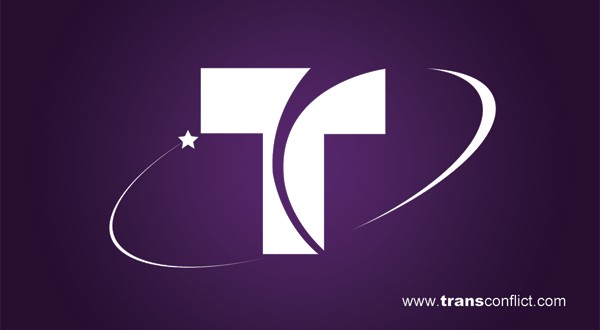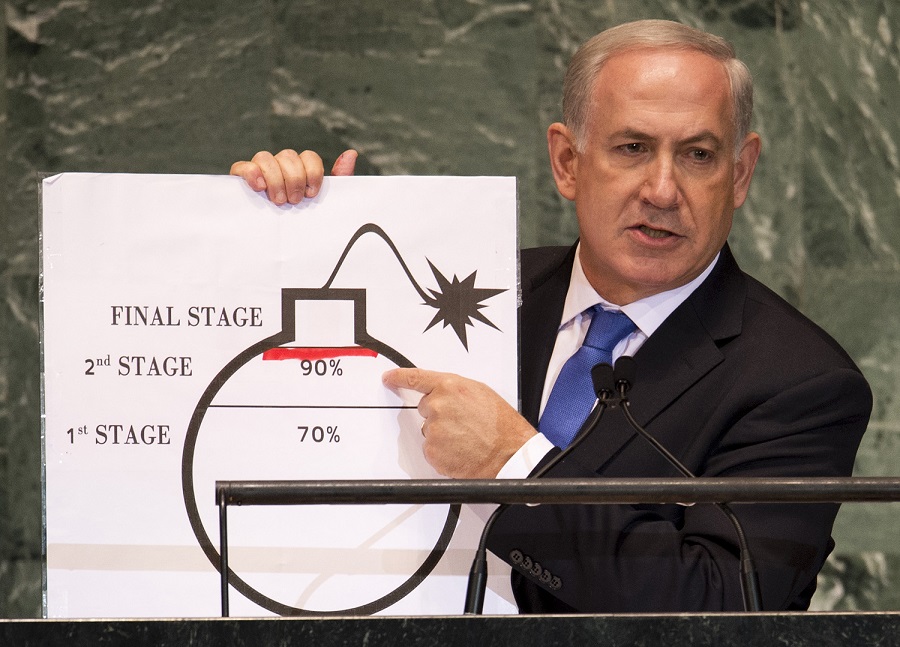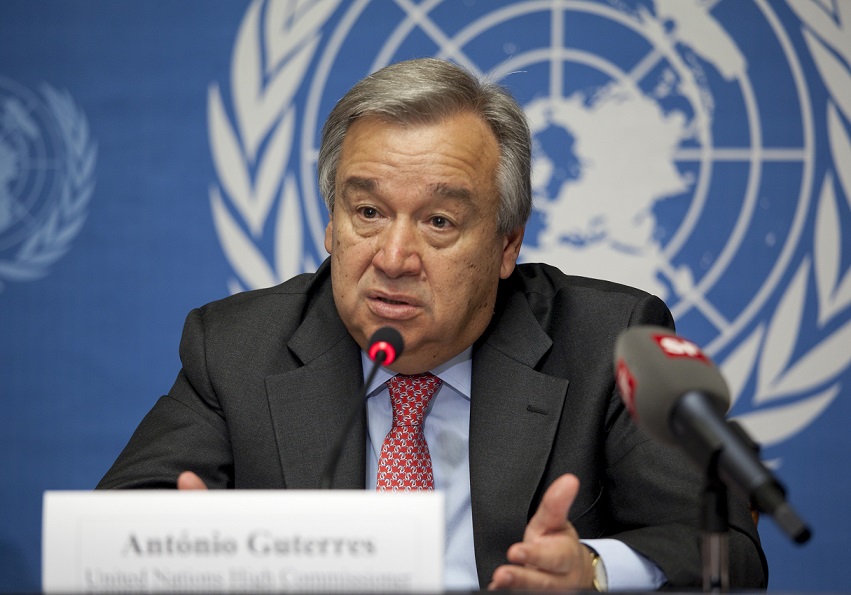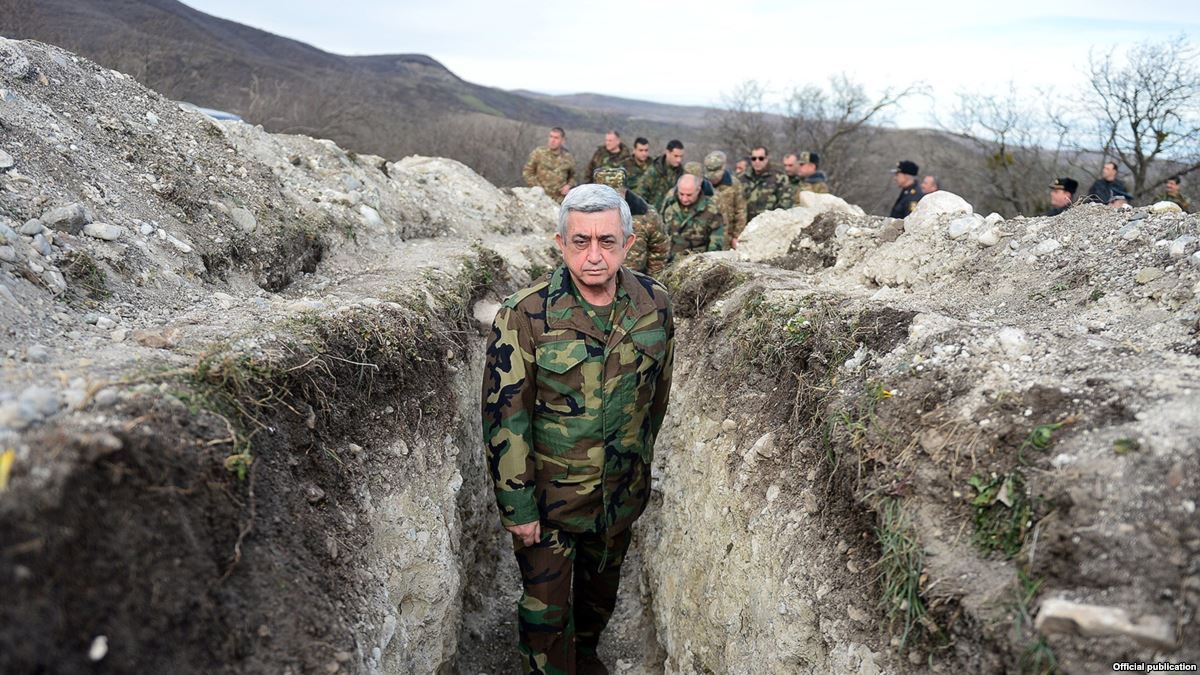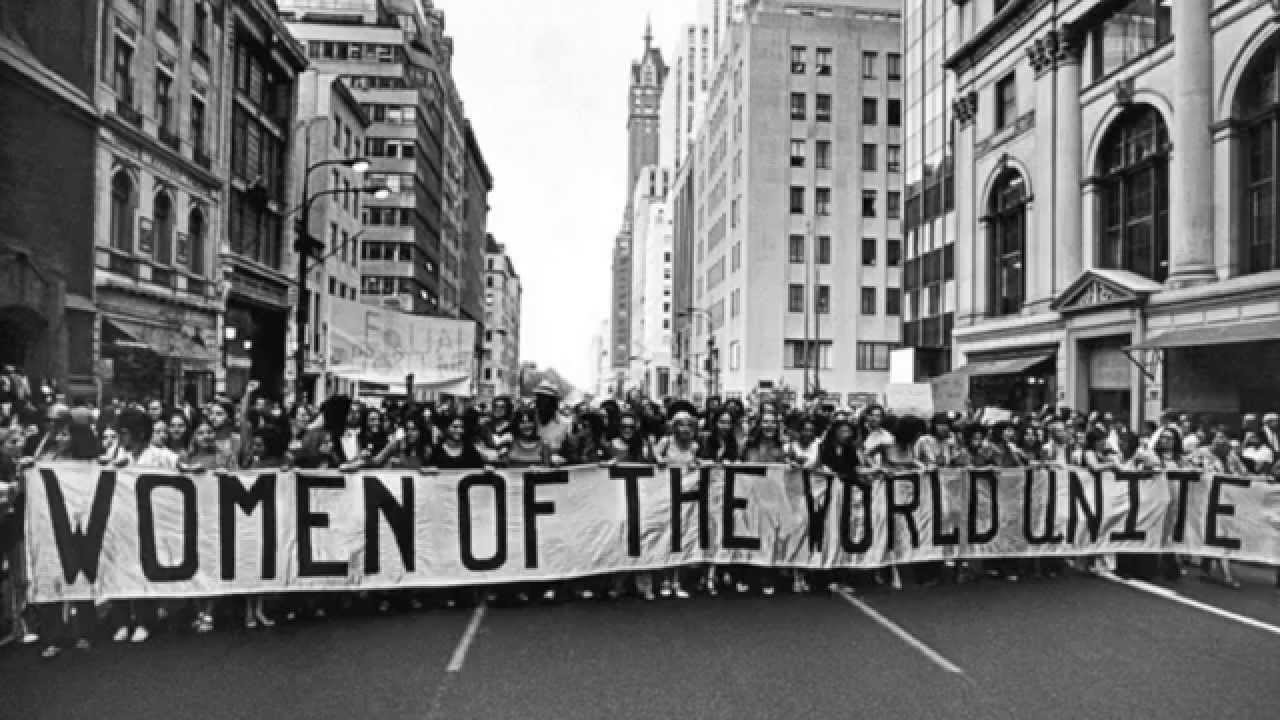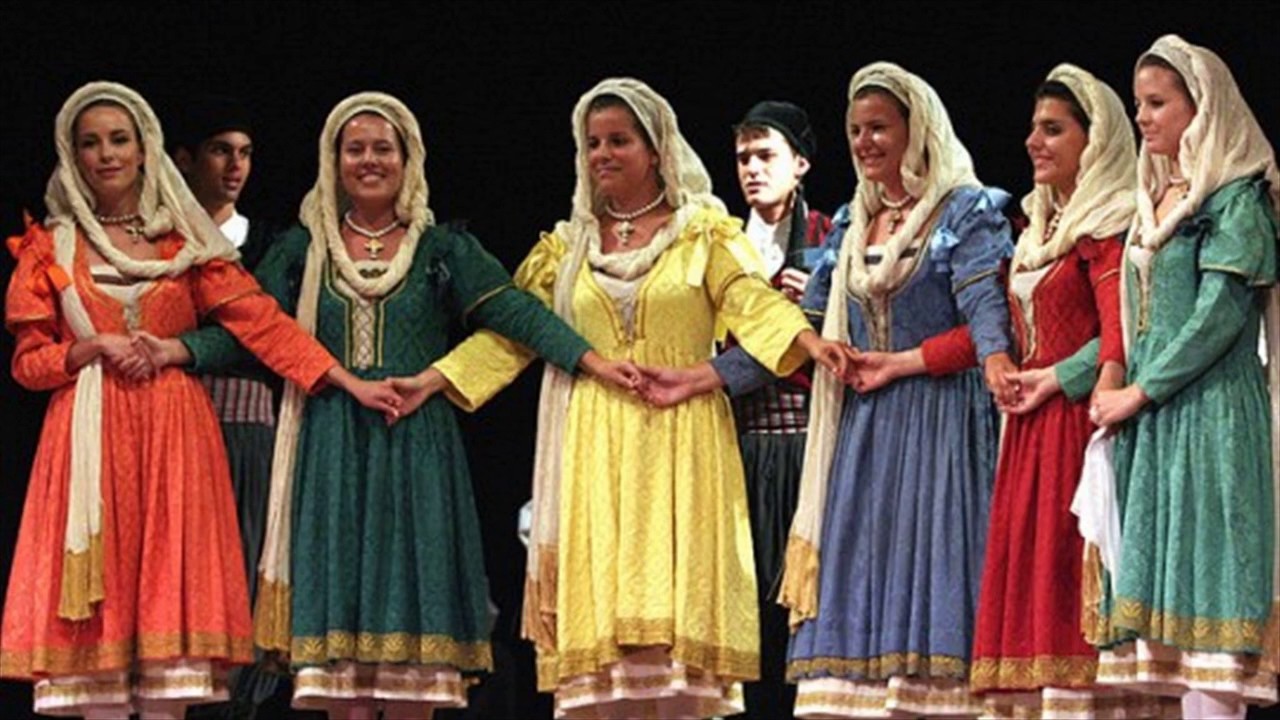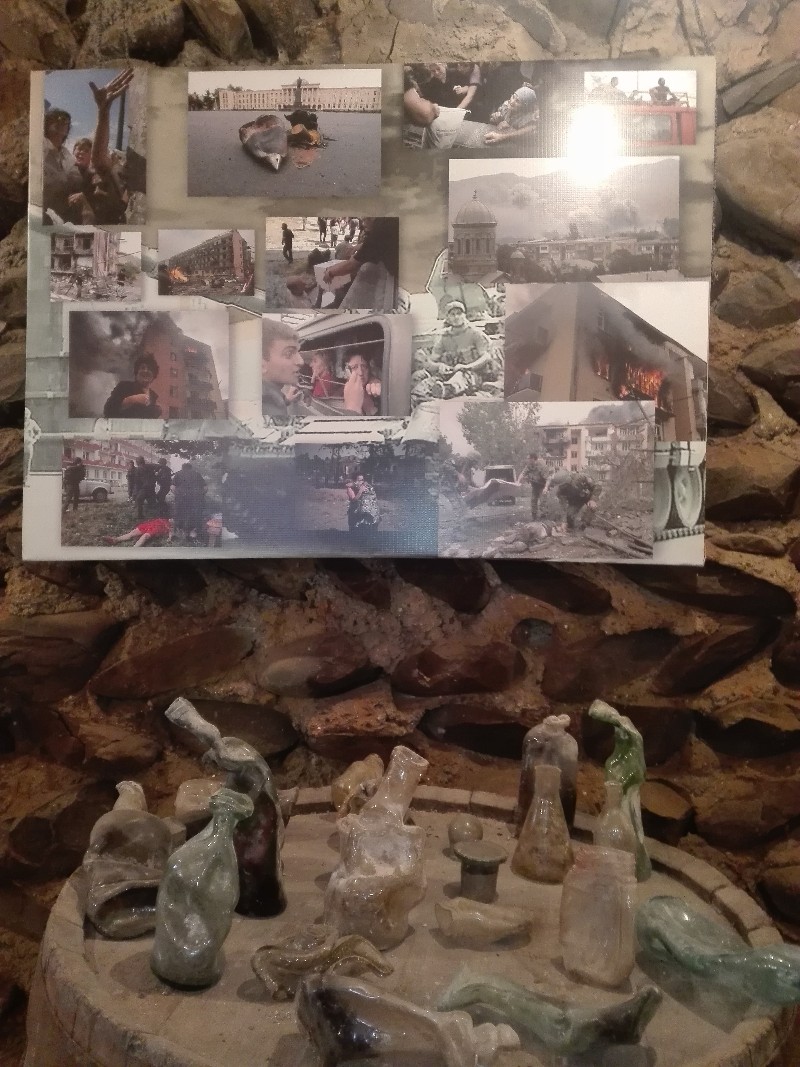March 2018 Review
TransConflict is pleased to present a selection of articles published during March, plus updates from the Global Coalition for Conflict Transformation.
| Suggested Reading | Conflict Background | GCCT |
1) Is a war between Israel and Iran/Hezbollah imminent?
Dr. Alon Ben-Meir – Hezbollah, with the full support of Iran, will maintain its threatening posture toward Israel by continuing its efforts to increase its stockpile of weapons, but it will not challenge Israel militarily. Read on…
2) Is a war between Israel and Iran/Hezbollah imminent? – part two
Dr. Alon Ben-Meir – The irony is that none of the players involved directly or indirectly in the civil war in Syria want to escalate the conflict by threatening Israel, which will stop short of nothing to protect its national security, especially if the threat is deemed existential. Every party also knows that regardless of how much damage Israel may sustain in such a war, it will emerge victorious while inflicting perhaps unprecedented destruction on its enemies.Read on…
3) What is the United Nations supposed to be doing?
Matthew Parish – The challenge the United Nations faces today is that the vast majority of people have forgotten what the UN is supposed to be doing, and why. We have forgotten why the world set it up. Notwithstanding the periodically hortatory nature of its founding documents, the United Nations was not a purely idealistic construct doomed to crash with the passage of time upon the cruel rocks of political realism. Read on…
4) Peacekeeping, human rights and peacekeeper wrongdoing
Matthew Parish – The mandate of the United Nations is to protect the human rights of some of the world’s most vulnerable people. If people acting in its name are participants in the abuse of those same people’s human rights, then the integrity of the institution as a whole is compromised and its reputation tarnished. There are bad people in any organisation. But institutions should be committed to exposing and holding accountable the wrongdoers in their ranks. This is not important just in the interests of deterrence, but also in ensuring that wrongdoers never traverse the doors of the United Nations in the first place. Read on…
5) Beyond the “Line of Duty” – Nagorno-Karabakh’s rivalry between otherness and social imaginary
Francesco Trupia – Future prospects for conflict transformation in Nagorno-Karabakh should focus more on the future human relationships, which may theoretically transform the sense of Armenian-Azerbaijani Self alongside the examination of the conditioned and motivated biases of the Self towards the Other. Read on…
6) Reflections on contemporary feminism – the challenge of objectification
Matthew Parish – What is it about society that has caused us to commoditise sexuality; can it be reversed; and should it be? We cannot answer the latter two questions until we understand the first one. Feminism is surely one of the most just of causes: using moral and social tools to eliminate widespread discrimination against a group so large that it represents half of society. Feminism is also a sophisticated cause, and some of the challenges facing society and the policymaker in seeking to promote feminist goals require further study.. Read on…
7) “Army of Islam” – Erdogan’s plot against Israel
Alon Ben-Meir and Arbana Xharra – How many more sinister steps can Erdogan take before the EU and the US recognize that he is a threat against Western strategic interests? He must be stopped from blackmailing the West while destroying the country that was envisioned by its founder, Mustafa Kemal Atatürk. Read on…
8) A narrowing window – Sri Lanka’s progress on justice and reconciliation
The Sri Lanka Campaign has released an update to its ‘Keep the Promise’ campaign, monitoring the government’s pledges to bring about a meaningful process of justice and reconciliation. Those pledges were contained in UN Human Rights Council Resolutions 30/1 and 34/1, which were adopted in October 2015 and March 2017 following sustained pressure from victims, activists and members of the international community. Read on…
9) Navroz – the recurrent renewal
Rene Wadlow – As armed conflicts in Syria, Iraq, “Kurdistan” and Afghanistan and strong tensions in Iran and Central Asia continue, we must hope that 2018 Navroz will purify the old and plant the seeds of a new harmonious regional society. Read on…
10) Along the barbed wire, the desire for recovery – the socio-economic challenges of Ergneti
Dario Intini – Ergneti is one of the numerous villages located next to the administrative boundary line (ABL), the demarcation between Georgia and Tskhinvali region or South Ossetia. Following the Georgia-Russia War in August 2008, barbed wire fences wereinstalled on the ABL hindering the freedom of movement of people and goods. As with many other villages along the ABL, Ergneti is largely affected by socio-economic problems and resulting depopulation. Read on…
11) Inter-sectional foreign policy for Kashmir
Renita Siqueira – We need to work together to put together a foreign policy for these people and especially, women, in Kashmir who have faced unforgettable horrors. We need to ensure their safety and human rights irrespective of who rules Kashmir. Read on…

